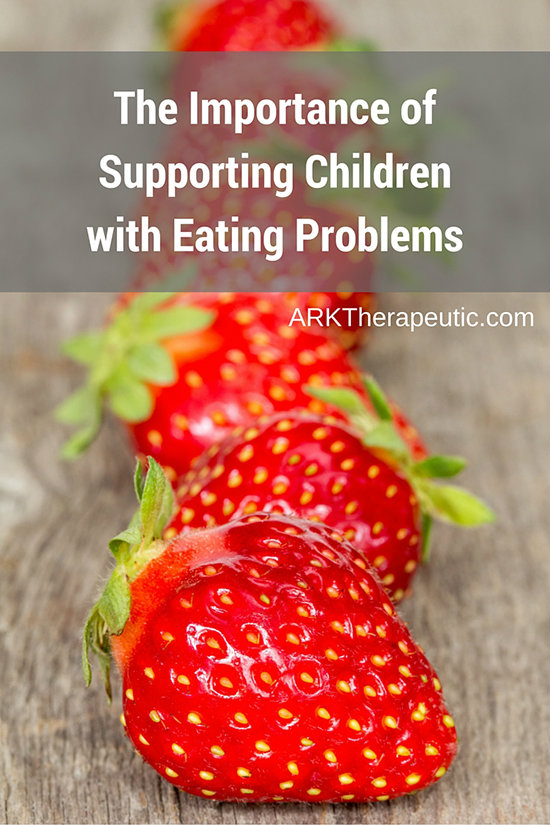The Importance of Supporting Children Who Have Eating Problems
Posted by Debra C. Lowsky, MS, CCC-SLP on 15th Sep 2015
Hello, I am the mother of an almost 12 year old daughter. It has been a struggle ever since she moved from baby food to regular foods to get her to eat fruits or vegetables. Thankfully, she remains healthy so far, but I am concerned about her health long-term with her limited intake of nutritional foods. Mealtimes have always been a battle between trying to get her to try things and also not letting the situation monopolize family time. She absolutely will not try any fruits - not even apple sauce. Recently she tried a strawberry and just mulled it around in her mouth until she almost gagged and then spit it out. I have tried "sneaking" pureed veggies into her diet over the years, sometimes with success, but sometimes I'm found out because she has an acute awareness of new tastes and textures.
Long story short, I recently had her evaluated by a pediatrician, and after much questioning, he feels she has an oral sensory integration disorder (hypersensitivity) and has referred us to a speech therapist who specializes in this area. I understand that this may well be the case, but have very little data from others who may have experienced this same thing with a child. My husband is not on board at all with having her start therapy because he feels she is being stubborn and just needs to start eating. This has been going on for 9+ years and I don't see her changing anytime soon without some help. Can you please give me some advice on how to best approach my husband? I need good, accurate data showing why this sort of therapy would help her now as well as into the future. I apologize for this lengthy story, but would appreciate any help/advice you can offer. .
.
Dear Mom,
Only 3-8% of feeding disorders are behavioral. That's all. So chances are that it's not behavioral. Gagging / vomiting is also often a tell-tale sign of sensory food aversions.
Granted, I have not personally evaluated your daughter, but based off of what you've shared and my many years of experience treating children with oral sensory issues, it certainly sounds like she has sensory-related food aversions. And I can tell you that when an individual has texture aversions, they have a very real fear and anxiety over food. Just because the issue isn’t visible to the eye, that doesn’t mean it’s not there. She's not making this up, and she doesn't want to be like this, but she can't move past it without your help. So dad needs to be patient and believe in her. Follow her lead. No forcing - that could lead to more anxiety / aversions.
.

.
Praise her every step of the way. If she puts a strawberry in her mouth to try it, that’s HUGE!!!!!! Even if she needs to spit it out - that's okay - it's still an amazing step. Some of the kids I see can’t even stand foods to be in the room with them without gagging. It’s incredible progress when they actually touch or lick or chew / try it. And keep in mind that it can sometimes take up to 10 exposures to a food before kids will try it.
Your pediatrician sounds like a good one to know so much about oral sensory issues. These days feeding problems often get incorrectly lumped under “picky eating,” which means the children sadly don’t get the right help. There’s not a lot of awareness on this issue yet, but that doesn’t make it any less real.
9 years is a loooong time to be struggling with feeding issues. And they will likely get worse if she's not supported. So I’d strongly recommend listening to and trusting the professionals who see this every day and have the medical background to diagnose what’s going on. Have a feeding therapist evaluate her. No harm can come from it - truly. We don’t bite!
For more detail on the two main causes of food refusal, click here. And for more detail on oral defensiveness / hypersensitivities in particular, click here.
.
I hope this helps, please keep me posted on her progress.
Debbie
Debra C. Lowsky, MS, CCC-SLP
.

